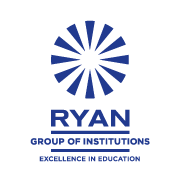- A good night’s sleep makes you feel energetic in the morning, which helps to absorb more information
- Teachers, friends are available day-time to provide feedback and help clear syllabus doubts
- Natural light during daytime is good for eyes and keeps one alert
- Head to a bookshop or library for studying or research
- Doesn’t disrupt the sleep schedule
- Very peaceful and quiet environment
- There’s fewer distractions at home, such as noise from siblings, household chores, telephone ringing etc.
- Studying at night can free up the day for other activities
- Some students are likely to retain information by studying prior to going to bed
- Increases creative efficacy




